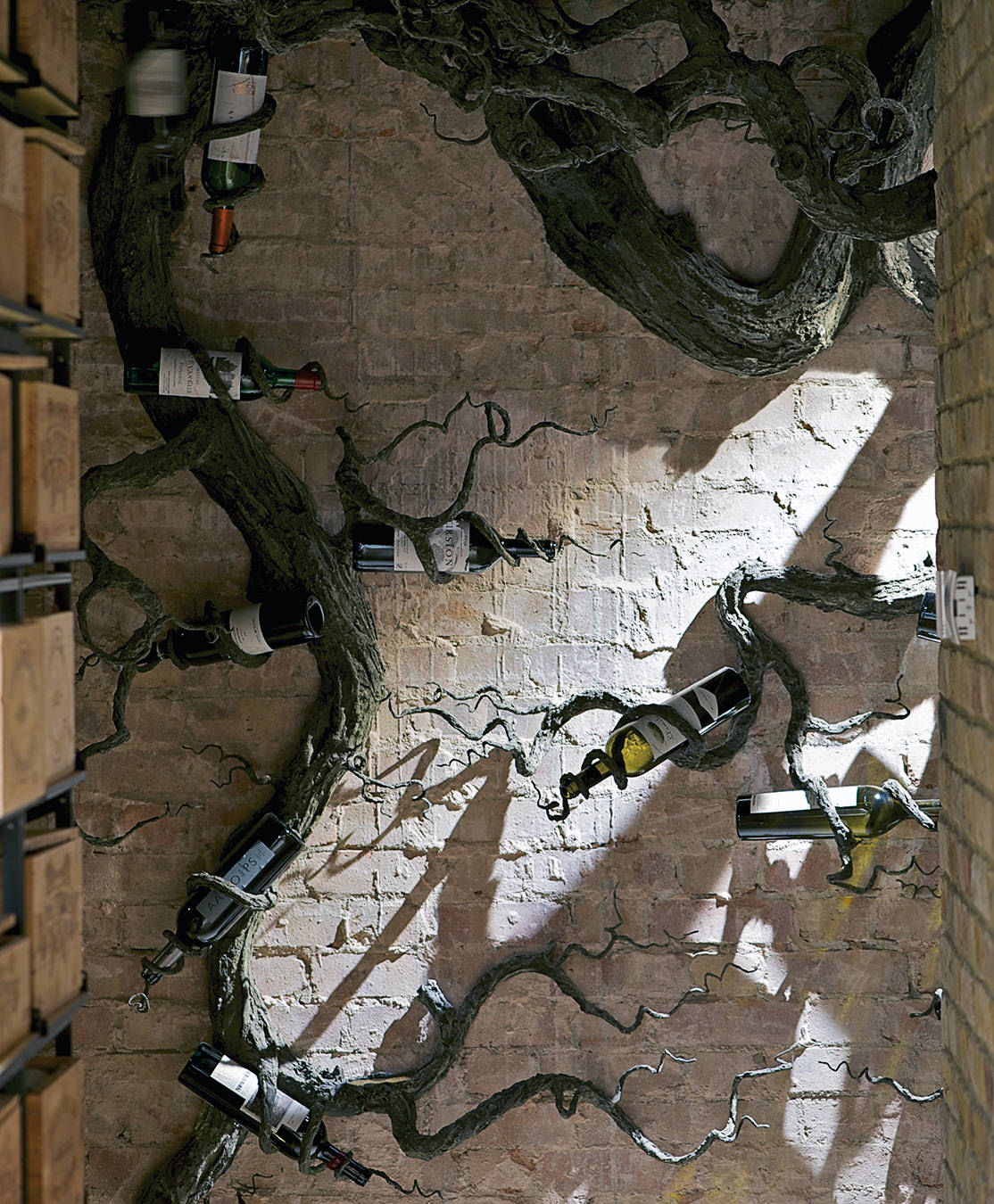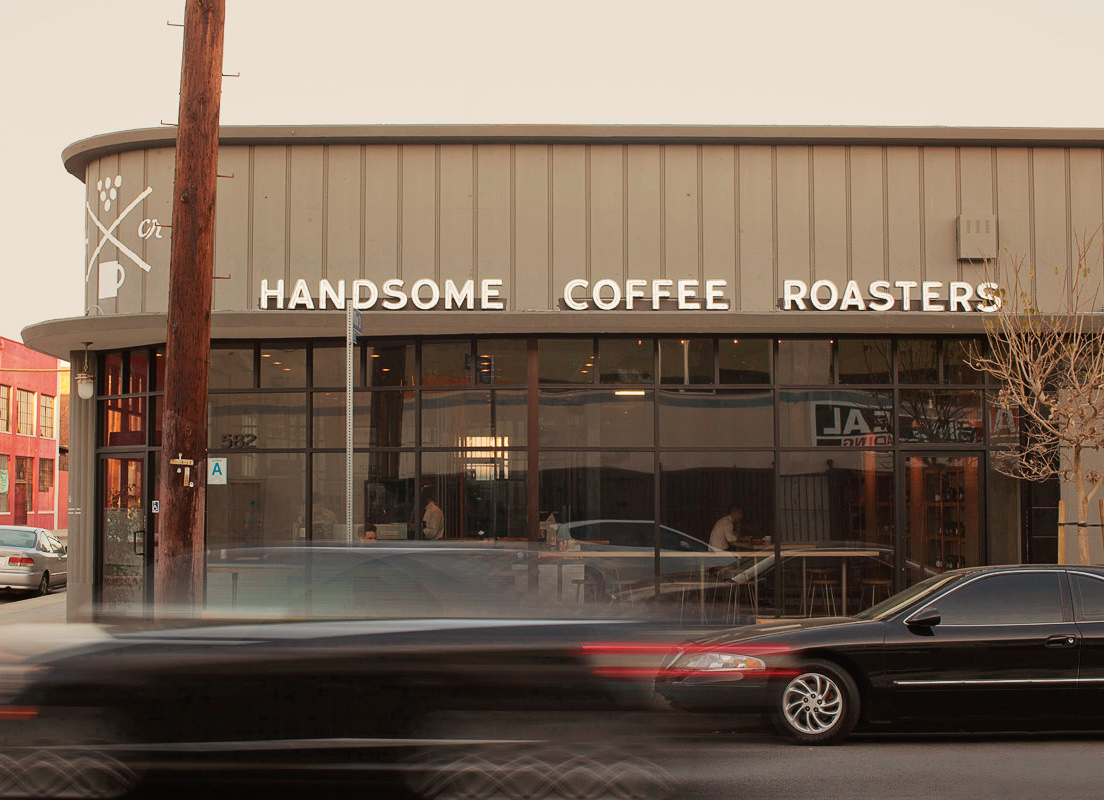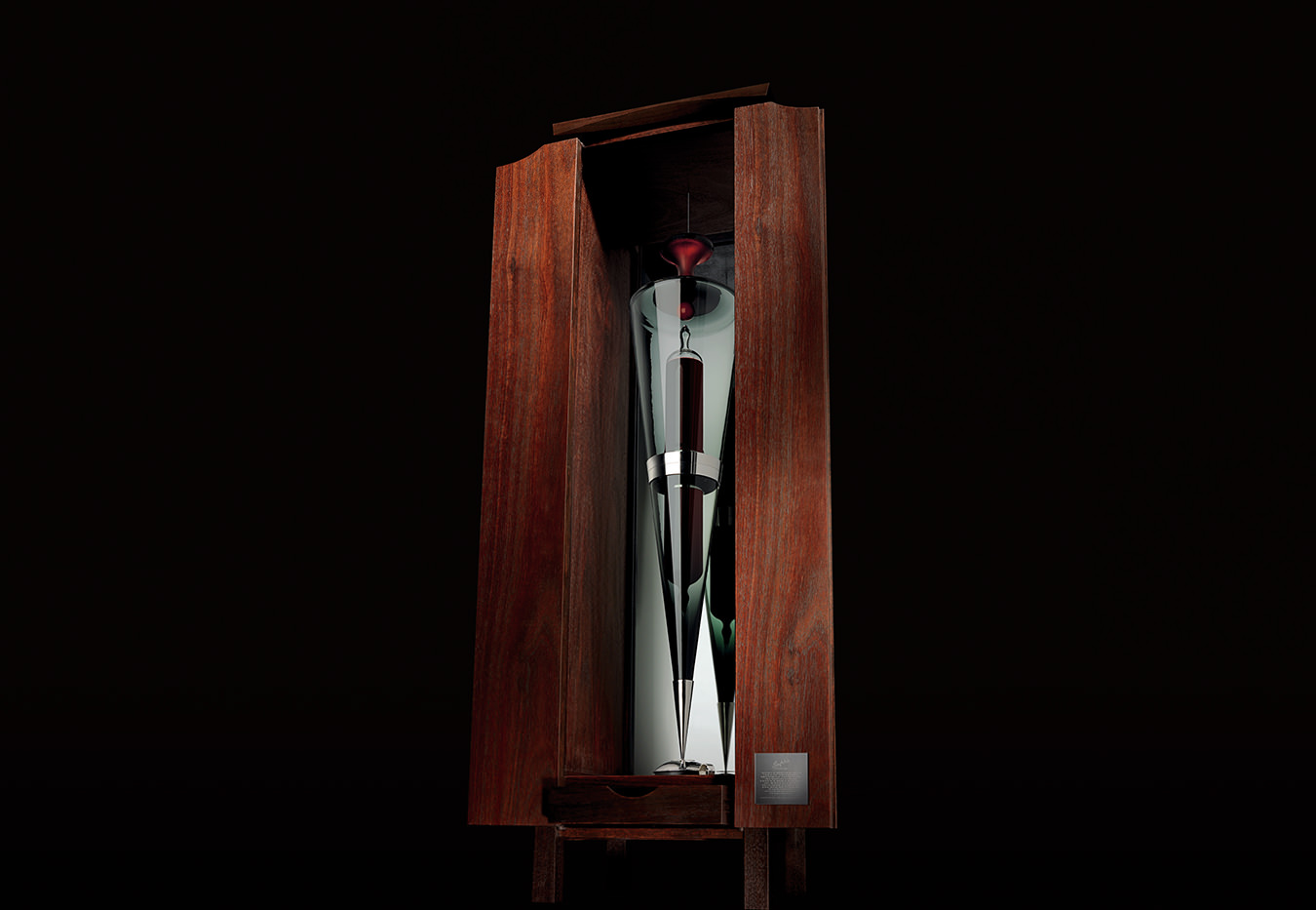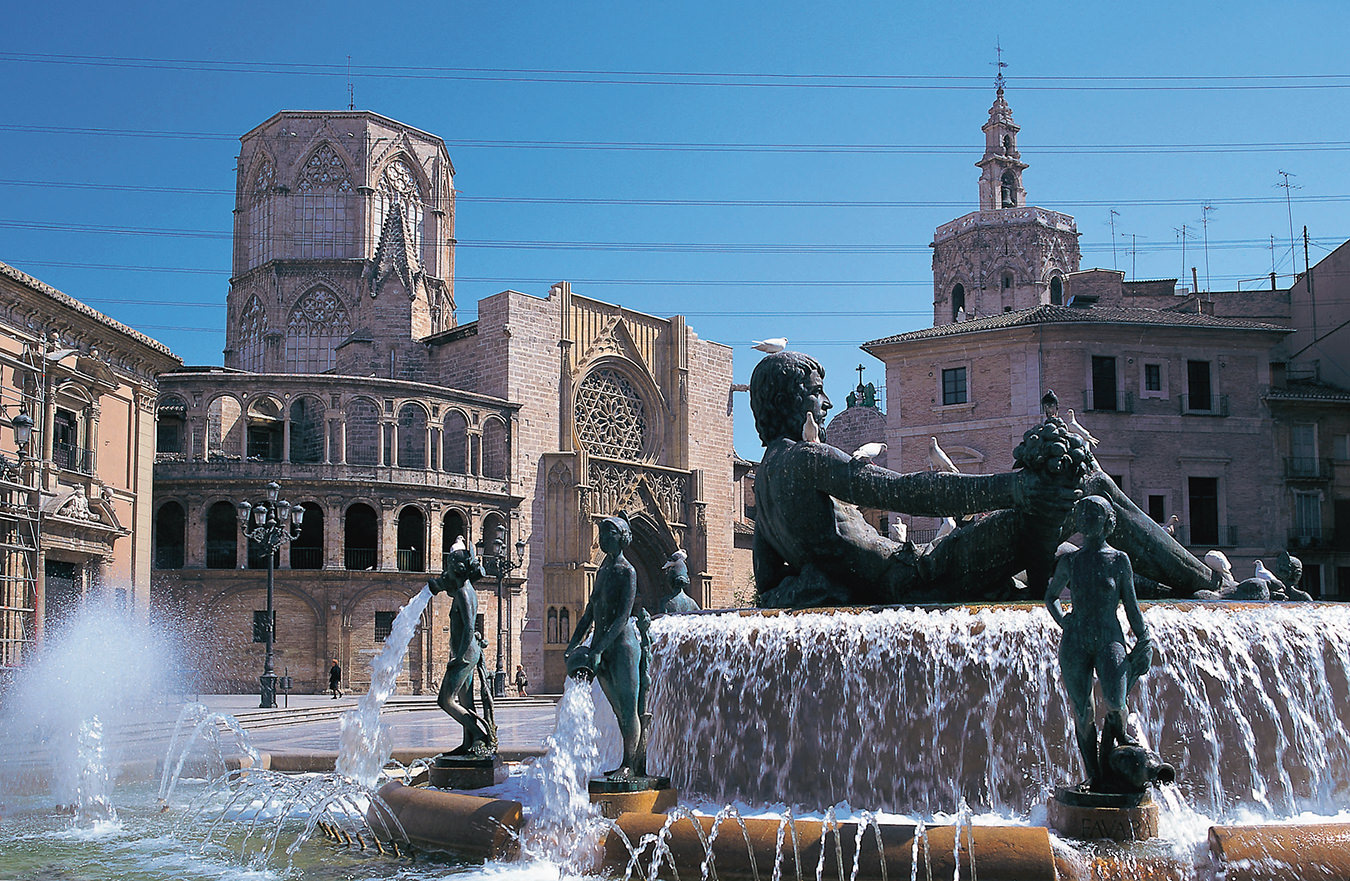Working for Earth-Friendly Wine, Two Worlds at a Time
Familia Torres achieves sustainability in Spain, Chile, and California.
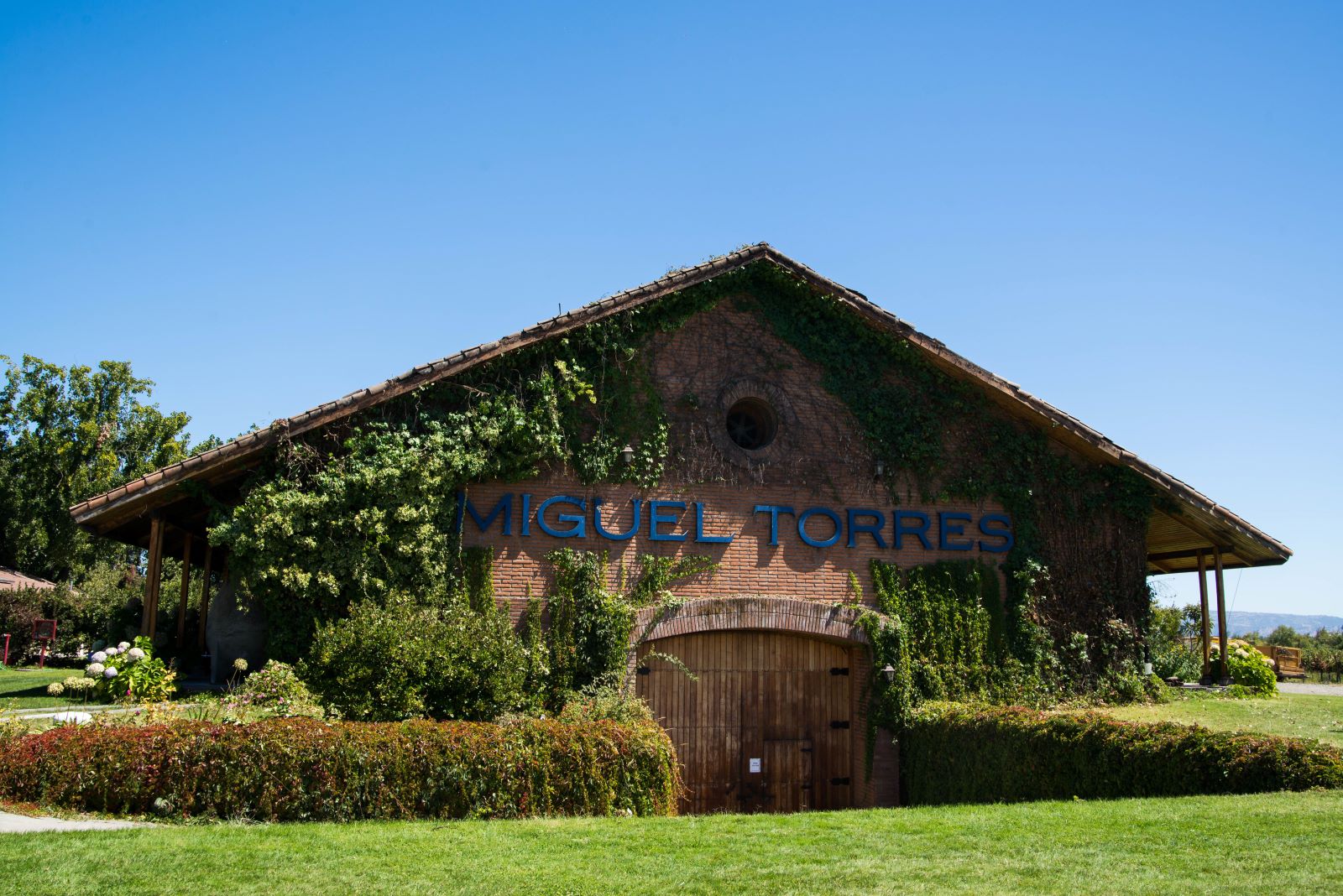
Stories about small wineries adopting environmentally friendly strategies are common enough. But Familia Torres, anything but a small wine producer, has implemented sustainable strategies throughout its extended family of wineries in both the old and the new worlds of wine—in many regions in Spain and also in Chile and California.
The strategies date back to 2008, the year that Miguel Torres, the current president of Familia Torres, launched his Torres & Earth program of ecological and social sustainability. Now encompassing all Familia Torres wine production, it’s a singular commitment to harmonize winemaking and environmental integrity. In recognition of these efforts, Time magazine named Miguel Torres to its list of the 100 Most Influential Climate Leaders in Business for 2023.
As its name suggests, Familia Torres is a family-owned winery, and Miguel Torres is a member of its fifth generation of wine producers, although grape-growing in the family dates back much further, to the 1500s in Catalonia. It’s a member of the Primum Familiae Vini, First Families of Wine, an association (limited to 12 members at any given time) of prestigious family-owned wineries that include producers such as Pol Roger, Perrin, Rothschild, and Antinori.
From its home in Catalonia, the autonomous region in the north of Spain’s Mediterranean coast, Torres has expanded its vineyard holdings to several other well-known Spanish wine regions: Rías Baixas on the Atlantic coast and inland regions such as Rioja, Rueda, and Ribera del Duero.
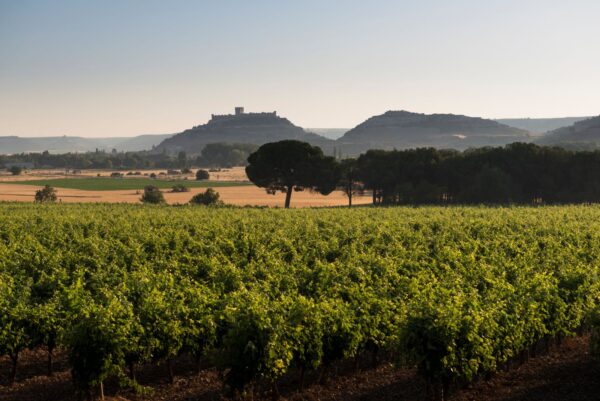
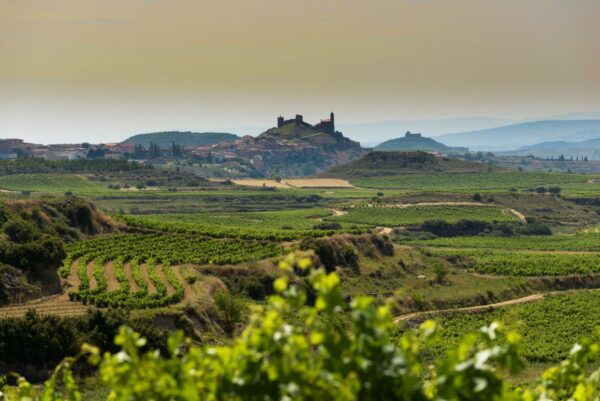
All its vineyards in Spain are organically farmed and follow the principles of regenerative viticulture that promote natural fertility, reduce erosion, and advance biodiversity. In Spain and throughout all its wineries, Torres aims to be carbon neutral by 2040.
One of the company’s maxims is “The more we care for the Earth, the better our wines.” It might be written off as smart marketing, but there’s no question that Torres wines speak to quality across the board. One of its premium white wines, Celeste Verdejo, is generous but tense and nicely textured from time on lees, while its sibling red, Celeste Crianza, which is wholly tempranillo, is robust with supple dark fruit and spiciness. Secret del Priorat, another Spanish red but this one a blend of carignan, garnacha, cabernet sauvignon, and merlot from the Priorat region, delivers gorgeous dark fruit and berries with top notes of spice, all married to edgy acidity.
In Chile, in addition to the popular Las Mulas sauvignon blanc, Torres makes its fine Ándica Gran Reserva Cabernet Sauvignon, an organic wine that’s serious and brooding but awash with layered fruit. The vineyard is in the Valle del Itata, one of the country’s most southerly and historic wine regions. Vines were planted there by Spanish conquistadores in the 1550s, just as the first members of the Torres family to cultivate vines were planting their vineyards in Catalonia. Rediscovered in the last few years, the Valle del Itata is quickly becoming known for fine wines.
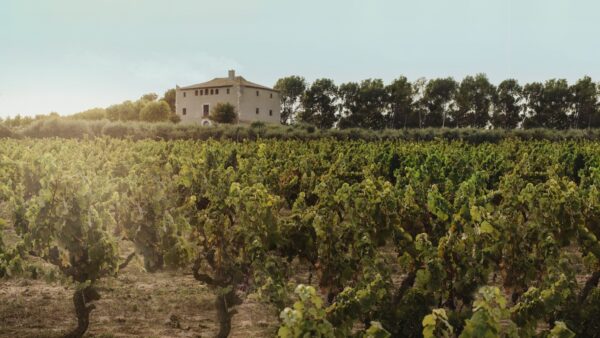
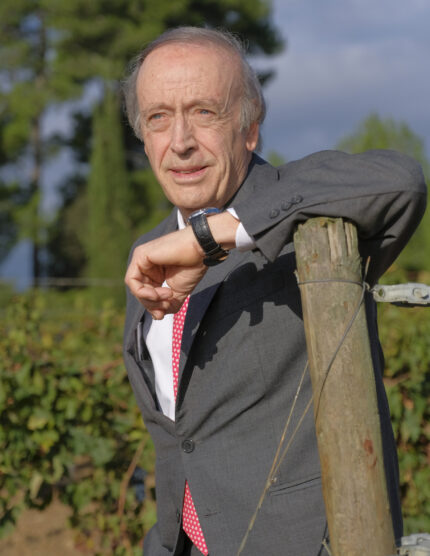
Miguel Torres
All the Familia Torres vineyards in Chile are organic, and all the energy used to produce wine is from renewable sources. Because of the distance from Chile to the important wine markets in North America and Europe, Torres ships its popular wines in bulk and then bottles them at the destination. It’s estimated to save 40 per cent of the emissions used to ship bottled wine.
Familia Torres also operates the Miramar winery in California’s Sonoma County, where the general manager is Cristina Torres, another fifth-generation Torres. The whole winery, which is totally solar powered, has been certified sustainable since 2017. The full panoply of sustainable measures is in play here, from cover crops that prevent erosion and provide habitat for insects that prey on vine pests to owls that deal with vine-gnawing gophers.
Unlike approaches such as organic and biodynamic farming, sustainable strategies for wineries must also have social content: ethical labour practices and a positive impact on the local and wider communities. Familia Torres has a wide range of projects, with focuses that include children at risk and women’s empowerment.
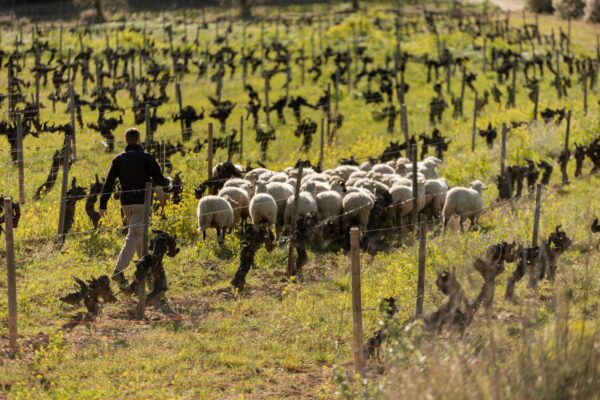
Few wine producers match the efforts Familia Torres has devoted to its vineyards, wineries, and the social spaces around them. Whether or not such strategies necessarily underlie quality wines, it’s clear that Torres has successfully balanced environmental responsibility with the production of excellent wines.
Familia Torres wines
Ándica Gran Reserva Cabernet Sauvignon 2022 (Valle del Itata, Chile)
Celeste Pago del Cielo Crianza Tempranillo (DO Ribera del Duero, Spain)
Celeste Pago del Cielo Verdejo 2023 (DO Rueda, Spain,)
Gran Coronas Reserva Cabernet Sauvignon 2020 (DO Catalunya, Spain)
Las Mulas Reserva Sauvignon Blanc 2024 (Chile)
Secret del Priorat 2021 (DOQ Priorat, Spain)

